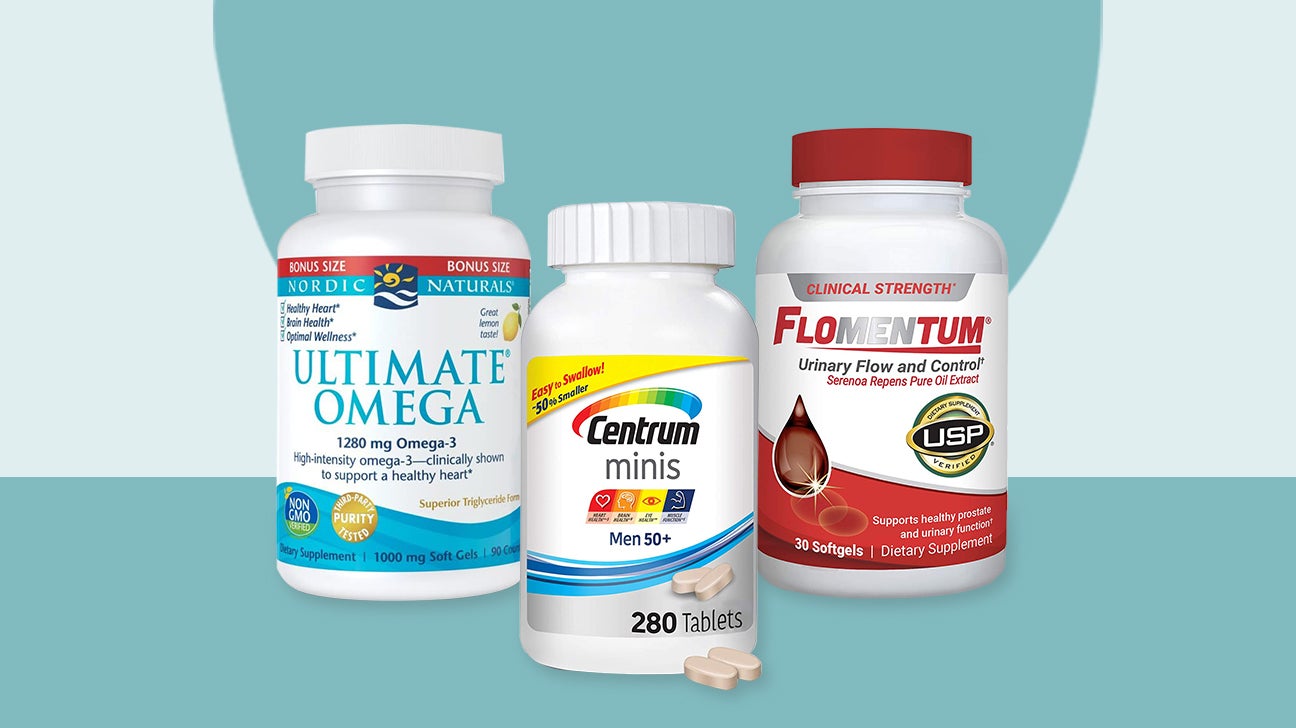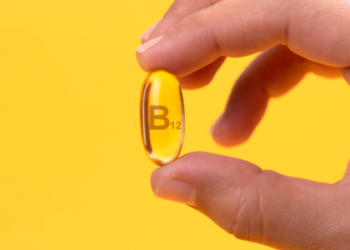
Maintaining maximum health and well-being requires proper nourishment. While you should attempt to get all of your nutrients through a well-balanced diet, multivitamins can aid when your body needs a little extra help to satisfy its nutritional demands. Supplementation may be required for other life events like pregnancy, menopause, or some chronic illnesses. Vitamin supplements can help to make up for the shortfall and ensure that your body gets the nutrition it needs. This blog will go over some of the greatest vitamin supplements on the market that can help you enhance your overall health.
The Best Vitamin Supplements
Vitamin D
Vitamin D, sometimes known as the ‘sunshine vitamin,’ helps our bodies absorb calcium, which is necessary for bone health. Vitamin D is necessary for bone health, muscle strength, calcium absorption, a strong immune system, and appropriate blood pressure. According to research, adequate vitamin D levels are associated with less stress fractures, fewer sports injuries, and a lower risk of upper respiratory tract infections. Supplementing with vitamin D has also been shown to help with headache and migraine symptoms. Our bodies produce this vital nutrient when our skin is exposed to sunshine.
Many people, however, are vitamin D deficient due to a lack of sun exposure or other circumstances. Many factors reduce the body’s ability to convert sunlight to vitamin D, including decreased sun exposure during the winter months, advanced age, darker skin pigmentation, and the use of sunscreen and UV-protective clothing. A vitamin D pill can help you achieve your daily requirements while also preventing problems such as rickets and osteoporosis.
Vitamin C
Vitamin C, or ascorbic acid, is a water-soluble vitamin that aids in wound healing, immune system strengthening, and collagen formation. It has also been theorized to protect from eye diseases, to shorten the duration and intensity of common colds, improve skin health, and protect against oxidative damage.
Citrus fruits and vegetables are common sources of it. While it is preferable to obtain vitamin C from natural sources, taking a supplement can be beneficial, especially during times of stress or illness.
B Vitamins
B vitamins, which include B1, B2, B3, B6, B9 (folate), and B12, are essential for assisting a number of enzymes in carrying out their functions, which range from releasing energy from carbs and fat to breaking down amino acids and moving oxygen and energy-containing substances throughout the body.
Fish, poultry, meat, eggs, dairy products, leafy green vegetables, and whole grains are all good sources of B vitamins. Certain populations, such as vegetarians, vegans, and the elderly, may have difficulties acquiring appropriate quantities from their diets. B vitamin supplements can help cover nutritional shortages and improve general health. Furthermore, vitamin B12 supplements are necessary for vegans because this substance is mostly found in animal-derived diets.
Omega-3 Fatty Acids
Omega-3 fatty acids, such as docosahexaenoic acid (DHA) and eicosapentaenoic acid (EPA), are essential to human health for a number of reasons and can only be obtained through diet and supplementation. A healthy cardiovascular, respiratory, immunological, and musculoskeletal system needs adequate omega-3 levels. They have been found to manage blood pressure, maintain a healthy body weight, regulate immunological function, boost muscle and joint health, and support a pleasant mood, vital for cardiovascular health, brain function, and inflammation reduction.
They are mostly present in fatty fish such as salmon and sardines. If you don’t eat enough fish, a high-quality omega-3 supplement can help. Omega-3 supplements are especially advantageous for people who have cardiovascular disease or have difficulties getting enough from their diet.
Closing thoughts
This may be obvious, but it’s worth repeating: While vitamin supplements can be good for health, they should never be used as a replacement for a well-balanced diet. They are supposed to augment, not replace, a nutrient-dense diet. Before starting a new supplement, it’s best to talk to a doctor to make sure it’s right for your specific needs. Remember that a varied diet rich in fruits, vegetables, whole grains, lean meats, and healthy fats is the best way to receive important vitamins and minerals. You can give your body the support it needs to thrive and improve your overall well-being by including the correct supplements into your regimen.







